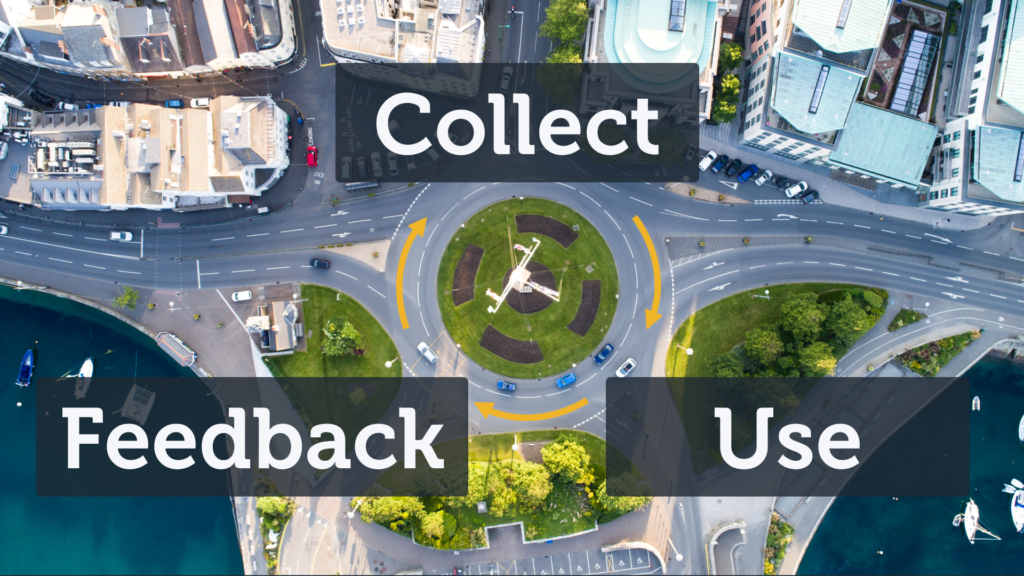Speaking English confidently at work (or school) can be a challenge for non-native speakers. You want to speak English with more confidence, but you’re not sure where to start.
Feeling nervous or shy when speaking English can hold you back from achieving your goals. You may think you’re the only one who feels tongue-tied and insecure when speaking in English.
You’re not alone. Confidence comes with the right type of practice.
As the founder of Deliberate English, I recently worked with a student from Chile who had the same problems.
Year after year, he sat in class listening to teachers talk about English. He was a good student and passed all his classes.
Eventually, he studied abroad in the US. He was shocked by how uncomfortable he felt with native speakers. He couldn’t understand people. Everybody spoke so fast! It was unbelievable how school didn’t prepare him for real life.
A couple of years later, he returned to the US looking for a job. He was still very nervous about his English. He didn’t know how to express himself in job interviews or write resumes.
That’s when I started to work with him.
After a few months, he got a great job making over $60,000 a year as an Admissions Advisor at a university.
How can you do the same with your English? By following a simple 3-step process:
- Collect
- Use
- Get Feedback

Step 1 is to collect words for a bigger vocabulary
Now, I know what you’re thinking:- “I always forget new words,”
- “I get lost and end up translating in my head,”
- or just “I have a bad memory.”
The way most students try to collect new expressions is by passively watching TV, movies, or listening to music and podcasts. While this is a great way to practice what you already know, it’s not an effective way to learn new things.
Every time you hear a new word when watching a TV show, your brain quickly forgets it or just ignores it in the first place.
Instead of hours of passive practice, you need short bursts of deliberate practice.
How to do Active Listening Step-by-step
- Pick a YouTube video on a topic you’re interested in that has a transcript or captions. (TED talks are a GREAT source for this exercise)
- Pick a 1-minute section of the video
- For the next 15 minutes: (don’t look at the transcript or captions for this part)
- Push play and then pause after a few words
- Write everything you just heard
- Rewind 2 or 3 times to catch things you missed. (If you still can’t understand something, just leave a blank and continue.)
- Repeat until you’ve completed the 1-minute section
- Compare what you wrote to the official transcript. Fix any mistakes and fill in the blanks. Mark these changes in bold.
- Finally, replay the clip. Pause after every sentence and say it out loud, paying close attention to your pronunciation and the sections you marked in bold.
This type of “active listening” forces your brain to pay attention to the details it usually ignores such as new words. Now that you’ve found a few, you can add them to your “collection” in a free flashcard app like Anki or Quizlet to review later.
Step 2 is to use new expressions in real-life situations.
There are two ways to do this:
- “Rehearsing” new expressions by yourself doing deliberate practice
- “Giving a concert” of new expressions by speaking with a native speaker

When you’re ready to “give a concert” and speak to a native, you have plenty of options. And, no, you don’t need to bug your friends.
My favorite way to find people to practice with is the free site language-exchanges.org. After creating a free account, you’ll be able to find tons of native English speakers who are learning your native language.
Just send a few quick messages and you’ll be able to set up a video call to use what you’ve been learning.
Step 3 is to get feedback from native speakers
That’s right, just using English isn’t enough. You need to take the extra step of asking people for feedback.
Here’s a simple example:
Imagine you’re trying to learn the expression “up in the air.” In your next language exchange, your partner might say something like, “I’m really stressed right now because I’m waiting to hear if I got into college.”
In response, you could say, “Wow! Sounds like things are really up in the air right now.” After they respond, ask this one question: “Did I use up in the air naturally here?”
You need to make mistakes to take your English to the next level
Now, sometimes you’re going to make a mistake. Instead of feeling like you’re dumb, get excited! By making the mistake, you learned a situation where the expression doesn’t work.
This is super important. It will help you avoid making the same mistake in the future, and help you feel more confident when using the expression next time.
I’ve prepared simple daily practice routines that you can grab for free
- Use deliberate practice to collect new expressions
- Practice using new expressions with native speakers on free language exchange sites
- Get feedback from natives to instantly know if you’re using words correctly
About the Author
 |
Kevin Naglich Founder of Deliberate English Kevin helps international students and immigrants to speak more confident English at work. He is passionate about helping people fully express who they are and stop feeling like English is holding them back. As the founder of Deliberate English, he’s built an online community designed to help busy professionals take their English to the next level faster through active deliberate practice. |
